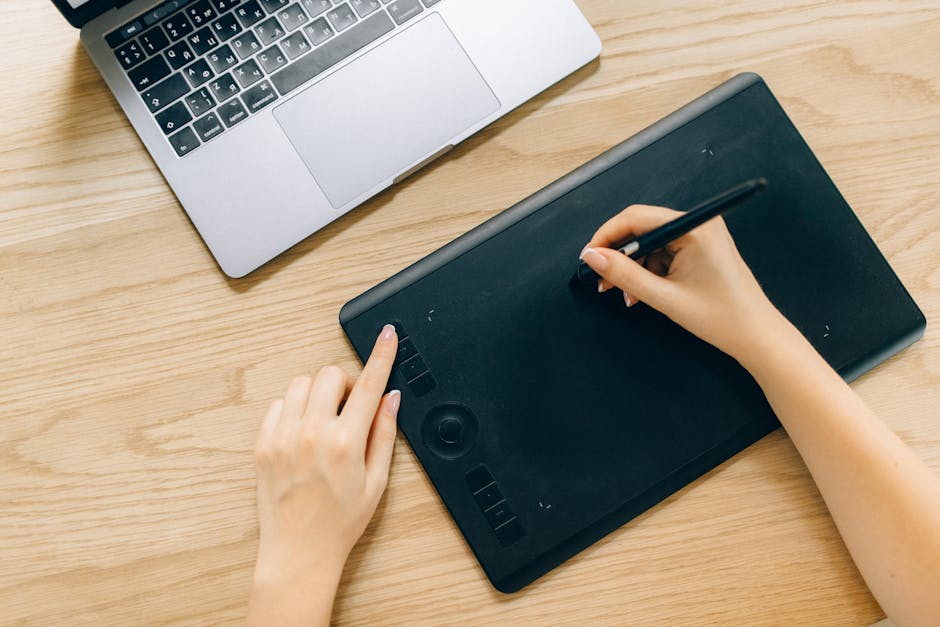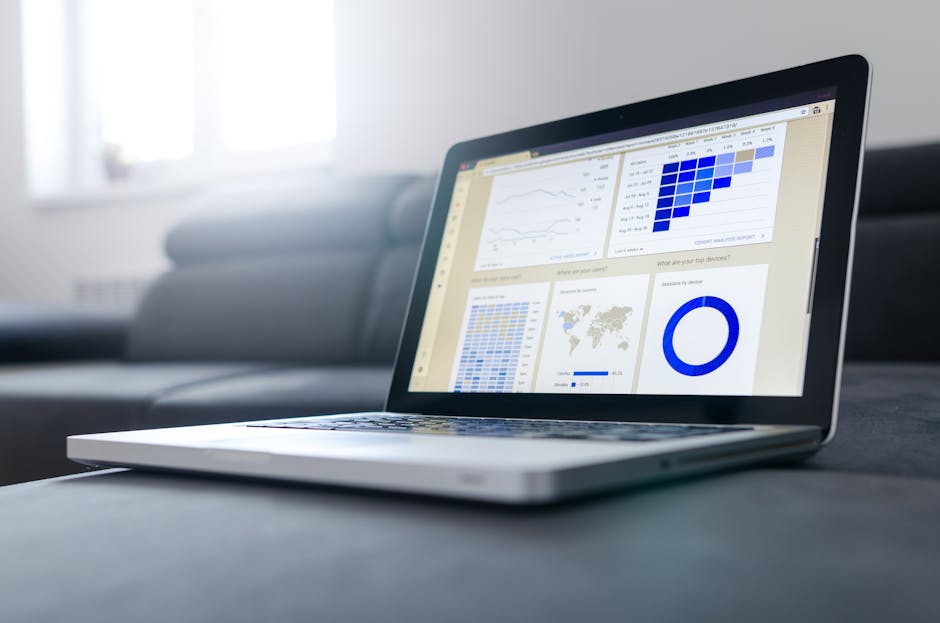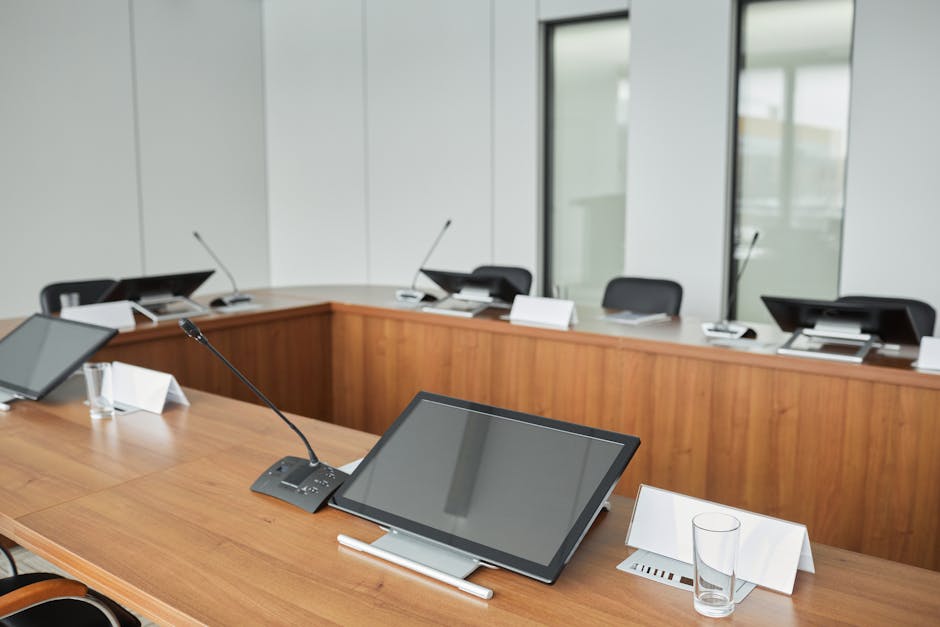Best Desk Booking Software 2025: 9 Features to Compare
"The best desk booking software includes Outlook/Google integration, mobile check-in, interactive floor maps, and usage analytics. Prices range from $2-10 per desk per month. This guide covers 9 essential features to compare when selecting a solution. "

Best Desk Booking Software 2025: 9 Features to Compare
Desk booking software prices range from $2-10 per desk per month depending on features. The core functionality is the same across tools: employees reserve desks through a mobile app or calendar integration. The differences are in advanced features like check-in enforcement, neighborhood zoning, usage analytics, and integrations with access control systems.

Understanding Office Hoteling and Hot Desking
Before diving into software features, it's important to understand the concepts at play. Office hoteling refers to a reservation-based workspace management system where employees can book desks or rooms in advance, similar to booking a hotel room. Hot desking, on the other hand, typically operates on a first-come, first-served basis without advance reservations.
Both approaches offer significant benefits for organizations embracing hybrid work models:
- Reduced real estate costs by optimizing space utilization
- Enhanced flexibility for employees
- Improved collaboration opportunities
- Better accommodation of varying in-office schedules
For companies transitioning to these models, implementing the right software solution is essential to ensure a seamless experience for both employees and administrators.
9 Essential Features to Look for in Desk Booking Software
1. Intuitive User Experience
The success of any desk booking platform hinges on user adoption. If employees find the software difficult to navigate, they'll be less likely to use it—and potentially less motivated to come into the office at all.
The best office hoteling software offers an intuitive interface that works seamlessly across all devices, whether employees are booking from their smartphones, tablets, or desktop computers. Look for solutions with visual floor plans that allow users to easily see available spaces and make reservations with minimal clicks.
2. Integration Capabilities
Your desk booking solution shouldn't exist in isolation. Instead, it should connect seamlessly with your existing technology ecosystem to create a cohesive experience.
Key integrations to consider include:
- Calendar applications (Google Calendar, Microsoft Outlook)
- Communication tools (Slack, Microsoft Teams)
- Video conferencing platforms (Zoom, Google Meet)
- Employee directory systems
- Access control and security systems
These integrations ensure that booking a desk automatically updates calendars, notifies team members, and potentially even activates building access permissions—creating a frictionless experience for your workforce.

3. Robust Analytics and Reporting
Data-driven decision making is crucial for optimizing your workplace strategy. The data analysis changing workplace shows that companies leveraging workspace analytics gain significant advantages.
Look for software that provides comprehensive insights into:
- Space utilization rates
- Peak usage times and patterns
- Department or team booking trends
- No-show statistics
- Neighborhood or zone popularity
These analytics help facilities managers and workplace strategists make informed decisions about office layouts, capacity planning, and resource allocation. For example, if data shows certain areas are consistently underutilized, you might repurpose that space or investigate why employees aren't choosing those workstations.
4. Meeting Room Management
While individual desk booking is essential, comprehensive solutions should also handle conference room reservations. This unified approach prevents the frustration of teams arriving at the office only to discover no suitable collaboration space is available.
Effective meeting room management features include:
- Room capacity and amenity filters
- Duration-based booking options
- Equipment reservation (AV gear, whiteboards, etc.)
- Recurring meeting support
- Automatic release of rooms after no-shows
By implementing a system that manages both desks and meeting spaces, you create a cohesive workplace experience that supports all types of work activities.
5. Customization and Branding
Your workplace technology should reflect your organization's identity. The best hot desk booking software allows for customization that aligns with your brand standards and company culture.
Look for platforms that enable:
- Custom color schemes and logo integration
- Personalized welcome messages
- Department-specific booking rules or workflows
- Tailored confirmation emails and notifications
- Custom fields for gathering specific information
These branding capabilities not only create a more cohesive experience but also help reinforce company culture—particularly important in hybrid environments where maintaining connection can be challenging.

6. Flexible Permission Settings
Different stakeholders within your organization will need varying levels of access to your desk booking system. A one-size-fits-all approach rarely works for enterprises with complex organizational structures.
The most effective office hoteling platforms offer granular permission controls that allow you to:
- Designate admin users with full system access
- Create department managers who can oversee team bookings
- Set up space managers for specific zones or floors
- Establish guest user accounts with limited access
- Restrict certain spaces to specific teams or seniority levels
These permission structures ensure appropriate governance while maintaining flexibility for different user types and organizational needs.
7. Digital Signage and Wayfinding
In larger office environments, navigation can be challenging—especially for employees who visit infrequently or guests unfamiliar with your space. Digital signage integration enhances the in-office experience by providing clear visual guidance.
Effective implementations include:
- Interactive maps at entrance points
- Meeting room displays showing current and upcoming reservations
- Desk status indicators (reserved, available, needs cleaning)
- Digital directory boards for locating colleagues
- QR codes for instant check-ins
These visual tools not only improve navigation but also reduce the administrative burden on reception staff and enhance the professional appearance of your workplace.
8. Health and Safety Features
The pandemic permanently changed workplace health expectations. Even as immediate concerns recede, employees say workplace health and safety remains a priority when considering in-office work.
Look for software that supports ongoing health initiatives through:
- Capacity management to prevent overcrowding
- Contact tracing capabilities when needed
- Health screening questionnaires
- Cleaning status tracking between bookings
- Social distancing features for desk allocation
These tools help maintain a safe environment while providing peace of mind for employees returning to physical workspaces.
9. Responsive Support and Training Resources
Even the most intuitive software requires some level of support, especially during implementation and for ongoing optimization. The quality of vendor support can make or break your desk booking initiative.
Evaluate potential solutions based on:
- Availability of 24/7 technical support
- Implementation assistance and customization help
- Training resources for administrators and end users
- Regular feature updates and security patches
- User community or knowledge base access
A strong support system ensures your investment continues to deliver value as your workplace strategy evolves.

Implementing Your Desk Booking Solution Successfully
Selecting the right software is only the first step. To ensure successful adoption and ongoing value, consider these implementation best practices:
Create a Clear Rollout Plan
Avoid the common mistakes in software rollout plans by developing a comprehensive strategy that includes:
- Phased implementation starting with pilot groups
- Clear communication about the benefits and "why" behind the change
- Designated champions in each department
- Feedback mechanisms for continuous improvement
- Success metrics to evaluate adoption and impact
Design for Your Specific Workplace Strategy
Your desk booking solution should support your broader workplace strategy, not dictate it. Consider how your chosen software aligns with:
- Your target in-office vs. remote work balance
- Team collaboration needs and neighborhood concepts
- Growth projections and space planning
- Cultural values around flexibility and autonomy
- Budget constraints and ROI expectations
Foster Collaboration Through Thoughtful Configuration
One of the primary reasons employees come to the office is for collaboration. Configure your system to ignite collaboration in the modern office by:
- Creating team neighborhoods where departments can cluster
- Enabling "buddy booking" so colleagues can reserve adjacent spaces
- Highlighting collaboration zones and informal meeting areas
- Integrating with communication tools to show who's planning to be in-office
- Collecting data on collaboration patterns to inform future space design
The Future of Workplace Management Solutions
As organizations continue adapting to hybrid work models, desk booking software will evolve to meet emerging needs. Forward-thinking solutions are already incorporating:
- AI-powered recommendations for optimal desk selection
- Predictive analytics for space planning
- IoT integration with environmental sensors
- Voice-activated booking capabilities
- Virtual reality office tours for remote workers
Organizations embracing the distributed workforce future of work will need increasingly sophisticated tools to manage physical spaces efficiently while maintaining connectivity across dispersed teams.
Conclusion: Making the Right Choice for Your Organization
Selecting the best office hoteling and hot desk booking software requires careful consideration of your organization's unique needs, culture, and goals. By prioritizing the nine essential features outlined above, you can identify solutions that will deliver immediate value while positioning your workplace for future success.
Remember that technology is just one component of an effective workplace strategy. The most successful implementations combine powerful software with thoughtful space design, clear policies, and a culture that embraces flexibility.
By investing in the right desk booking solution, you're not just managing spaces more efficiently—you're creating an environment where employees can do their best work, whether they're in the office every day or just a few times a month.
Want to learn more about Desk Booking?
Explore our complete guide with more articles like this one.


